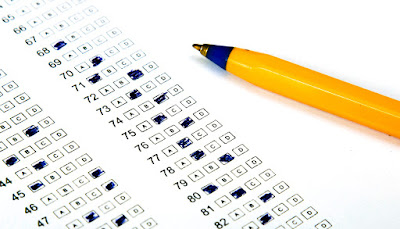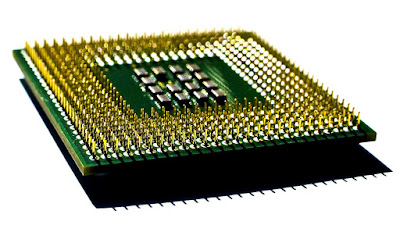TEST GETS QUANTUM COMPUTERS TO CHECK THEIR OWN WORK
A brand-new test inspects if quantum computer systems are giving correct solution to questions past the range of traditional computing.
profil barcelona dan prediksi di la liga
It could help make the first quantum computer system that can outperform a classic computer system a truth.
By producing a procedure that allows a quantum computer system to inspect its own solution to challenging problems, the researchers from the College of Warwick have provided a means to verify that a quantum computer system is functioning properly without excessive use sources.
The scientists have developed a procedure to measure the impacts of sound on the outcomes of quantum computer systems. Sound is specified as anything that affects a quantum machine's equipment but is past the user's control, such as changes in temperature level or defects in the construction. This can affect the precision of a quantum computer's outcomes.
When used, the researchers' test creates 2 portions: how shut it estimates the quantum computer system is to the correct outcome and how positive an individual can be of that closeness.
SOLVING PROBLEMS CORRECTLY
The test will help the builders of quantum computer systems to determine whether their machine is carrying out properly to assist fine-tune their efficiency, a key action in developing the effectiveness of quantum computing in the future.
"A quantum computer system is just useful if it does 2 points: first, that it refixes a challenging problem; the second, which I think is much less valued, is that it refixes the hard problem properly. If it refixes it improperly, we had no chance of discovering. So what our paper provides is a way of deciding how shut the result of a computation is to being correct," says Animesh Datta from the physics division at the College of Warwick.
Determining whether a quantum computer system has produced an appropriate solution to a challenging problem is a considerable challenge as, by meaning, these problems are past the range of an current classic computer system. Inspecting that the answer the computer system produced is correct typically involves using a a great deal of classic computer systems to tackle the problem, something that's not possible as quantum computer systems tackle ever before more challenging problems.
Rather, the scientists have suggested an alternative technique that involves using the quantum computer system to run a variety of easy computations that we currently know the solution to and developing the precision of those outcomes. Based upon this, the scientists can put a analytical limit on how much the quantum computer system can be from the correct answer in the challenging problem that we want it to answer, known as the target computation.
It's a comparable process to that which computer system programmers use to inspect large computer system programs, by placing in small functions with known answers. If the program answers enough of these properly after that they can be positive that the entire program is correct.
"The entire point of having actually a quantum computer system is to not invest an rapid quantity of time refixing problems, so taking an rapid quantity of time to inspect whether it is correct or otherwise beats the point of it. So our technique is efficient because it does not require an rapid quantity of sources," Datta says.
"We don't need a classic computer system to inspect our quantum computer system. Our technique is self-supporting within a quantum system that can be used independently of large web servers."



